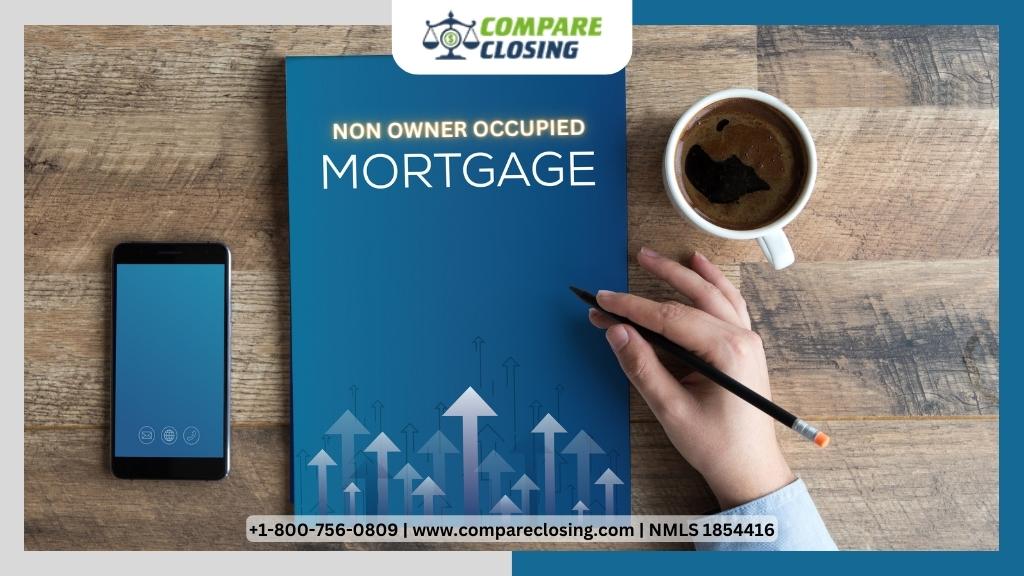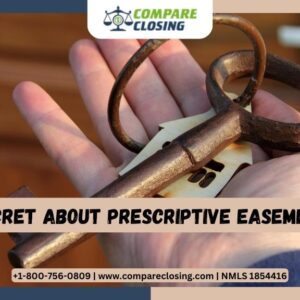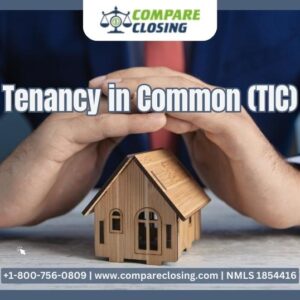A non owner occupied loan is a mortgage in which the owner of the home does not reside in the property. The lenders would require this information to determine the interest rate that they will be charging on the mortgage.
All other things being equal, this type of loan has a higher interest rate and a higher down payment compared to an owner-occupied mortgage.
The reason for high interest and higher down payments is that borrowers for non-owner-occupied loans are more likely to default.
An important reason for the high probability of default is that the property is not owner-occupied for residing. Most non-owner-occupied real estate is held for investment and rental income purposes.
Generally, the mortgaged property is held as collateral by the lender to ensure the repayment of the loan.
Banks do this to prevent default on the loan. If the property owner defaults on the mortgage loan, the bank can foreclose on the property and recover the debt `owed.
If the borrower defaults on the owner-occupied property, he or she could lose the property and have to seek alternate living options.
Therefore, an owner-occupied home has a lower risk of default compared to a non-owner-occupied home.
As non-owner-occupied properties are typically held for investment purposes, borrowers are more likely to default on the mortgage.
Risk increases when the market value of an asset falls significantly. The housing market crash of 2008 is a great example.





